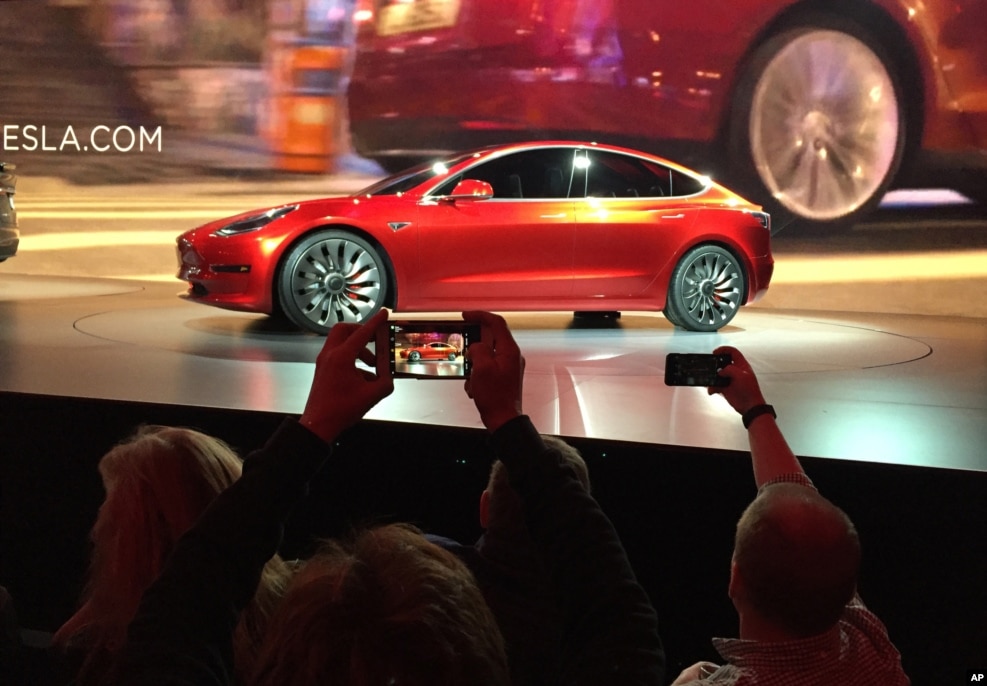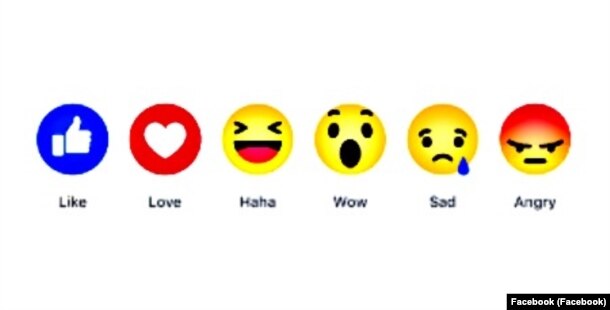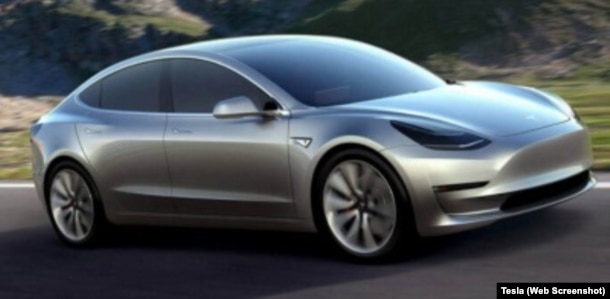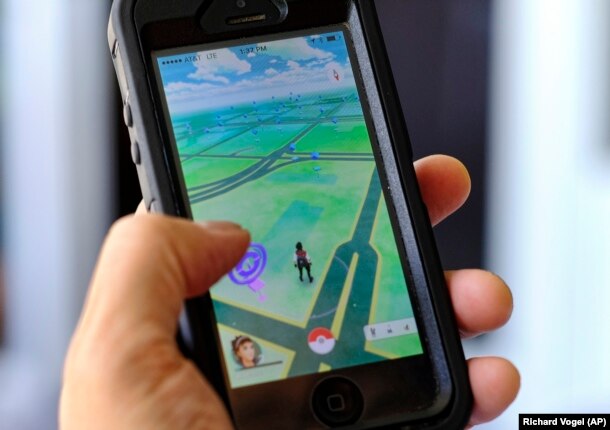
The year 2016 was filled with stories about or involving personal technology.
New products and services kept us wondering what technology will be like in the future and how it might affect our lives.
2016 was a time of change worldwide. High-tech inventions, changes to existing services, and even product failures combined to make this a year to remember.
Digital Assistants
Digital assistants rose in popularity with the launch of Google Assistant in the Pixel phone and the Google Home smart speaker.
Google Assistant can give you a list of activities, answer search questions and tell you when it is time to leave for your next meeting. It is similar to digital assistants Siri, from Apple, and Alexa, from the American company Amazon.
In 2016, Alexa expanded its reach into two new Amazon products, Dot and Tap. The service was made available to other businesses last year. So this year, it began appearing on products not made by Amazon.
Each Friday in 2016, Amazon sent subscribers an email with new skills for Alexa. The company also created a page for users to discover Alexa's skills.
This year, Apple gave Siri the ability to connect to software programs known as third-party apps. As a result, you can use Siri to order a car with the Uber ride service or find a business with the Yelp mobile app.
Facebook Updates
This year, Facebook made a number of changes, including adding Reactions. Now you can do more than "Like" a post on the website. You can express Reactions such as Love, Haha, Wow, Sad and Angry.

Facebook now offers Live Video, so you can share live stream videos with your friends and watch videos from those you follow. Facebook also added GIFs in Messenger and more ways to share photographs.
See Facebook Updates with New Features to learn more.
Tesla
In March, the American company Tesla announced plans for its third model car, and began accepting orders for the vehicle. The car, called, Model 3, will begin to ship in late 2017.
This model has a starting price of $35,000. It has many of the same high-tech devices as the first two Tesla models, which cost more.
Owners of the Model 3 will have an electric car with auto-pilot hardware. It has seating for 5 adults, and can travel a distance of almost 350 kilometers before needing more electricity.

Nearly 400,000 people have already ordered a Model 3. They gave Tesla a $1,000 deposit without even seeing or driving the car.
Games as the Biggest Apps
The two biggest smartphone apps this year have been games. Both Pokemon GO and Super Mario Run quickly topped the app charts and broke records.
Pokemon GO became a hit over the summer in the United States. The game was reported to have caused 110,000 traffic accidents in 10 days. Earlier this month, Apple began offering the Pokemon GO app on its Apple Watch.

Super Mario Run also was released in December. The game is currently at the top of the iTunes Store app charts. 2017 may bring this popular app to the Android operating system.
Video Streaming/Downloading
People who like watching videos got good news in 2016 with Netflix and Amazon Prime Video expanding their services. Netflix now lets users download videos with its Android and iPhone and iPad apps, which Prime Video began offering in 2015.
Both Netflix and Amazon Prime Video extended their service areas this year. Netflix says it now provides programming to more than 190 countries, while Amazon Video Prime is available in 200 countries worldwide.
The Hottest Tech in 2016
One of the biggest tech stories involved the Samsung Galaxy Note 7 phone, which could catch fire and explode.
Samsung recalled the Galaxy Note 7 after it was banned on airplanes. The company has not yet stated what has caused the problem.
A software update will soon cause the phone to become unusable, forcing users to trade in their phone for a non-exploding model.
This flight attendant wins Halloween. She dressed as a galaxy note 7 on fire 😂😂😂 pic.twitter.com/zioS6d5xhh
— Nick Grava (@NicholasGrava) November 1, 2016
Apple vs. FBI
An individual's right to privacy was balanced against law enforcement's interests in the United States this year.
It started when the Federal Bureau of Investigation tried to get Apple to open the iPhone of Syed Farook. Officials say he and his wife shot and killed 14 people last December in San Bernardino, California.
The FBI tried to find evidence on the iPhone to help with its investigation. The court case was launched when Apple refused to provide computer software to unlock the phone.
The case was dropped when investigators found a way to open the device without Apple's help.
Find out more at Apple vs. FBI And Your Privacy.
Yahoo Mail
Finally, users of Yahoo Mail got bad news not once, but twice this year. In September, Yahoo announced that 500 million mail accounts were hacked in 2014. Then in December the company announced that over 1 billion mail accounts were attacked in 2013.
Yahoo Mail users interested in changing email services now have a difficult time, as the company has turned off its auto-forwarding service.
I'm Anne Ball.
And I'm Pete Musto.
Carolyn Nicander Mohr wrote this report for VOA Learning English. George Grow was the editor.
Which of these tech stories were most interesting to you? Were there any 2016 tech stories you would add to this list? What do you think will be the most interesting tech in 2017? Share your thoughts in the Comments Section below or on our Facebook page.
Words in This Story
digital assistant - n. an application program that can understand natural language and complete electronic tasks for the user.
subscribe - n. to get a publication or service regularly
GIF - n. a format for image files that supports both animated and static images
hardware - n. computer equipment used for a particular purpose
deposit - n. money that you give someone when you agree to buy something
app chart - n. a list that shows which apps have been downloaded the most during a recent period of time
hack - v. to secretly get access to the files on a computer or network in order to get information, cause damage, etc
auto-forward - v. to automatically send (something you have received, such as a letter) to someone else


